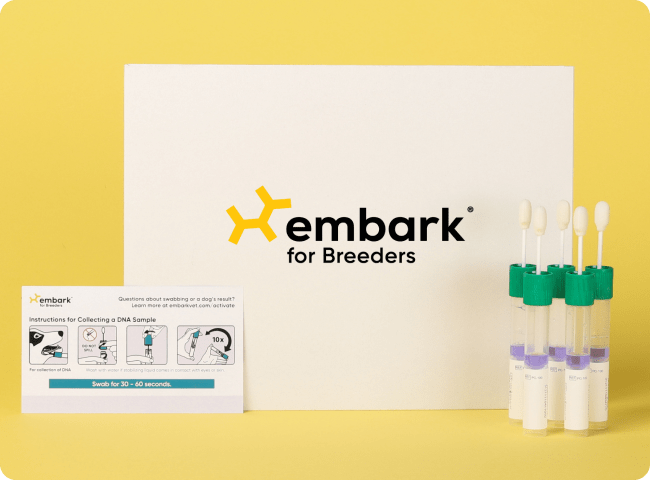Discover Your Dog’s Genetic Relatives with Embark’s Relative Finder
Embark offers the world’s first and only canine relative finder, so you can further explore your dog’s DNA story. Our Relative Finder shows your dog’s relatives based on how much DNA they share. It also gives you the ability to connect with their owners. In fact, it has already led...

